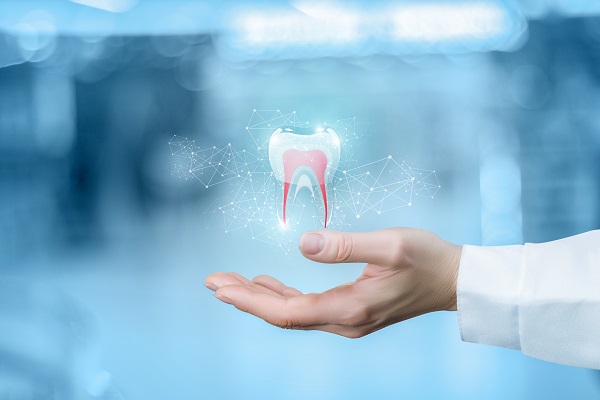Family Dentist Questions: What Causes Cavities?

Choosing to ask a family dentist any questions that support the health of one’s mouth is encouraged. The more one knows about what it takes to experience good oral health, the more likely they are to have good oral health. Since cavities are preventable and treatable, understanding their cause is necessary.
What can cause cavities to form
A family dentist is a great resource to utilize when looking to get routine dental care for both children and adults. Additionally, family dentists can help answer various questions about oral health. One of the more common questions that patients have is related to cavity prevention. It is necessary for patients to understand what can cause cavities to form in their teeth, as once they have this information, they can take the necessary steps to prevent cavity formation.
According to the American Dental Association, a cavity is a hole in a tooth. But, what causes these holes to form in the first place? Plaque is the root cause of cavities as it not only sticks to the teeth, but it is also full of bad bacteria and acids, both of which can cause the teeth harm. Plaque is removed from the teeth through brushing and flossing and when someone does not regularly brush and floss their teeth, they are going to experience a buildup of plaque. The longer the plaque stays on teeth, the higher the chances are of being diagnosed with a cavity.
Plaque will eventually remove the minerals from a tooth’s outer enamel. This removal of minerals will begin to cause the tooth to erode in certain places, which is what begins to cause the holes in a tooth. These holes are considered to be the first stage of getting a cavity. Once the holes become larger, the plaque starts to reach the next layer of the tooth, which is known as the dentin. Because this layer of the tooth is directly connected with the nerve of the tooth, it is only a matter of time before the patient begins to experience some level of discomfort or pain.
How cavities are treated
Once a patient is diagnosed with a cavity, treatment is necessary in order to repair the tooth. Depending on whether or not the cavity is in its beginning or later stages will determine the type of treatment a family dentist will use to treat the cavity. Examples of treatment options include undergoing fluoride, getting a dental filling, having a dental crown placed over the tooth and undergoing a root canal procedure. If the cavity is severe enough that it has caused the tooth to become so damaged that it cannot be repaired, then the tooth will need to be extracted from the mouth.
Find out more from a family dentist
Understanding what causes cavities can be helpful in preventing them in the future. Working closely with a family dentist is a great place to start. An evaluation can be done in order to identify causes, which will then help with prevention. Reach out today to learn more.
Are you considering using a family dentist in the Tracy area? Get more information at https://www.carlosesanchezdds.com.
Check out what others are saying about our services on Yelp: Read our Yelp reviews.
Related Posts
Understanding the types of dental procedures that a general dentist can perform is a great idea. This lets you know what procedures will require a referral to see another type of dental professional. In addition, general dentists must earn either a Doctor of Dental Surgery (DDS) or Doctor of Dental Medicine (DMD) degree, which allows…
Your smile is often one of the first things that other people notice about you. A smile makeover offers an effective way for you to transform it into the one you can proudly show off. This treatment process provides multiple benefits, from correcting minor cosmetic issues to a complete overhaul. Here are five reasons to…
Same day dentistry is a fairly new method for restoring teeth that have moderate or even severe damage. The restorations can bring your smile back to good function and health and eliminate any decay. The restoration can also be completed in just one day. Keep reading to find out more about getting a natural crown,…
Good oral health habits early in life are critical for a child's overall well-being. Pediatric dentists offer comprehensive care designed to meet the unique needs of children, such as higher tooth decay risk. This sets a strong foundation for a lifetime of healthy smiles. From their expertise in children's dental development to their kid-friendly approach,…


